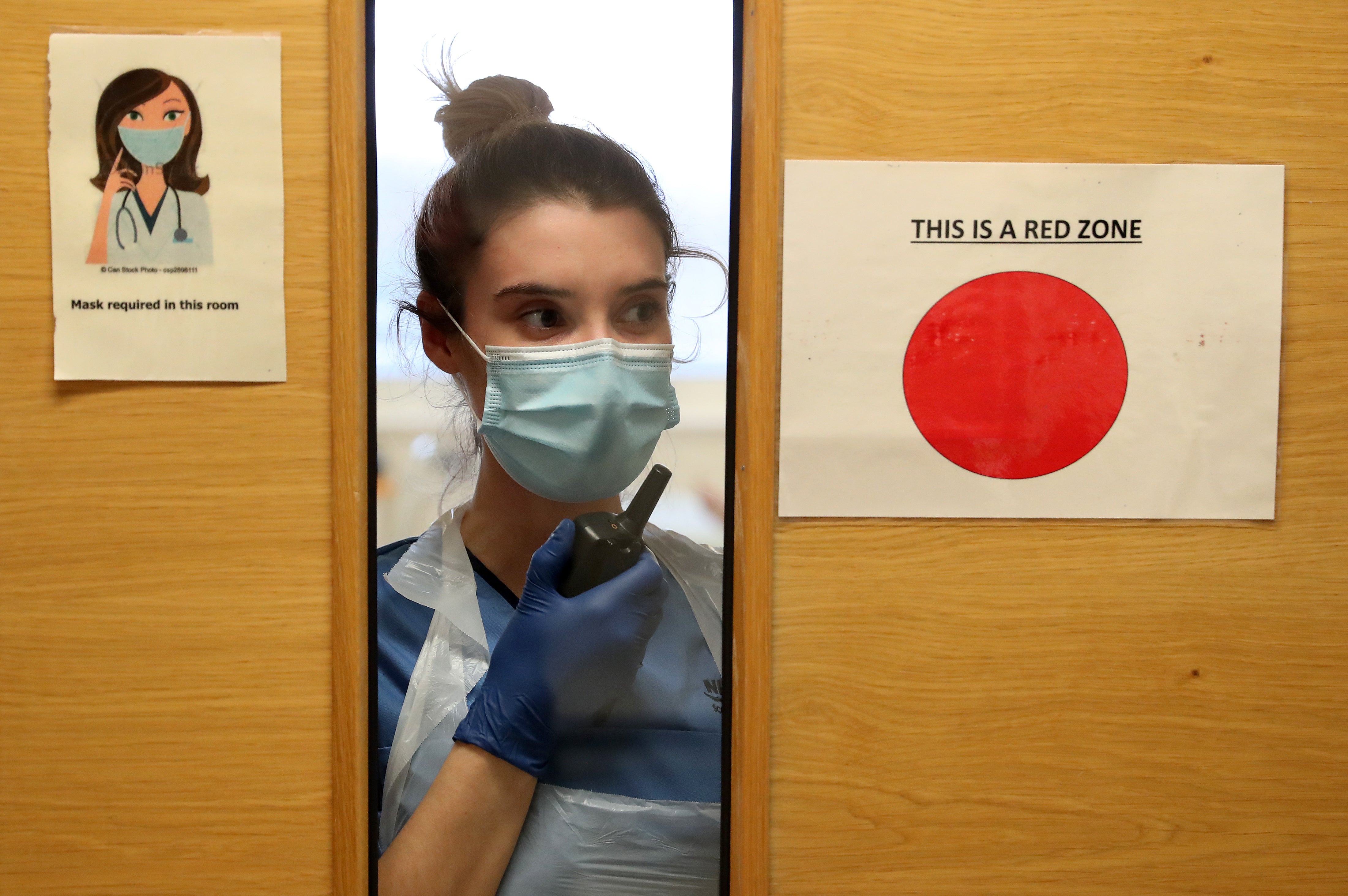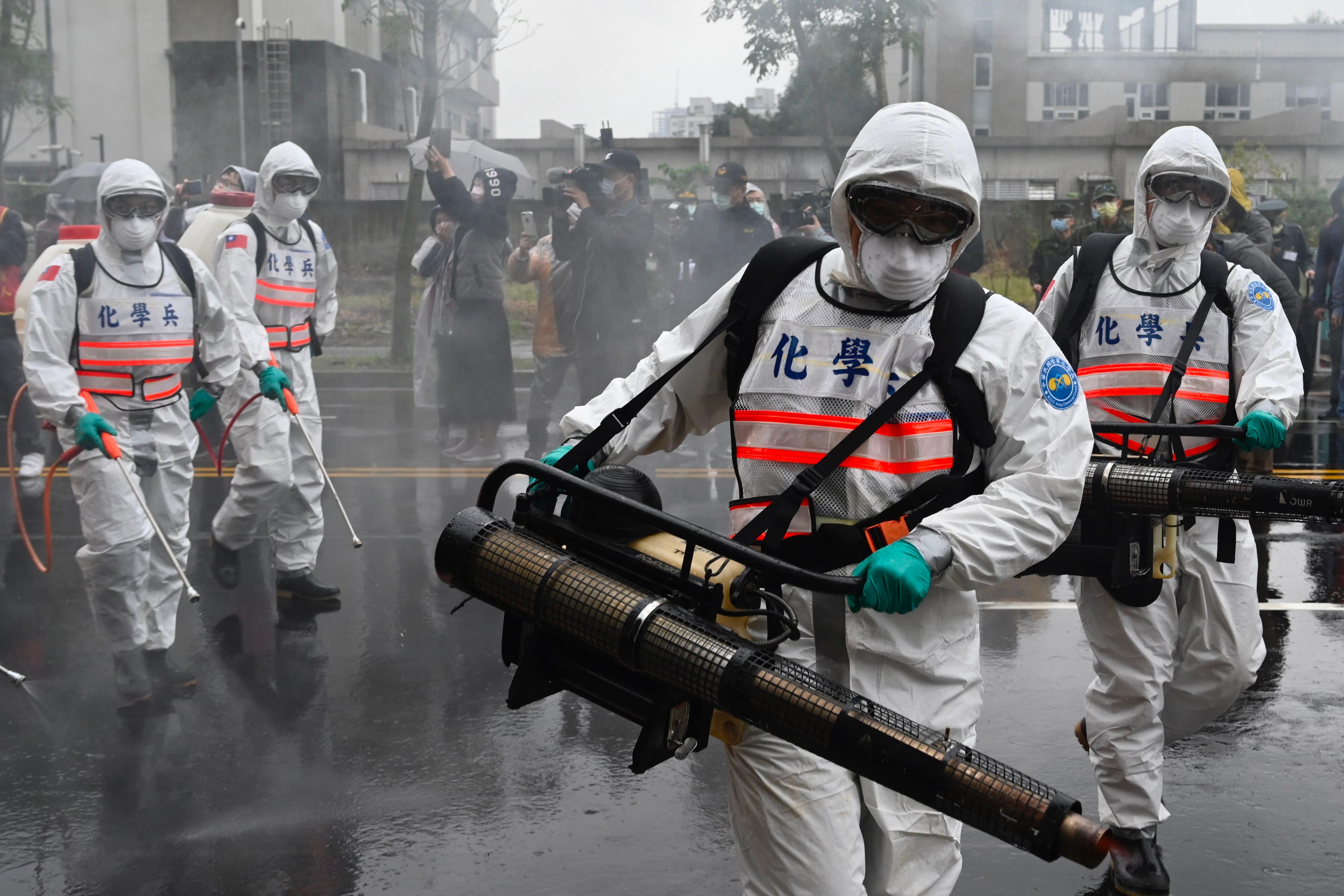Covid: How news of ‘mystery illness’ in Wuhan first broke three years ago
Experts suspected a link to city’s seafood market
Three years ago on New Year’s Eve, The Independent broke a story about a “mystery illness” that had struck 30 people in Wuhan, China.
There was limited information about the illness, except that most of those who were sick had visited a seafood market in the city.
Early reports speculated the sickness was similar to the respiratory disease Sars which killed nearly 800 people.
Little did they know, it would be so much worse, resulting in more than 6.6m deaths worldwide.
The World Health Organisation (WHO) declared the outbreak a public health emergency on 30 January.
Despite the rising concern about what was later named Covid-19, the UK government did not implement a strategy to prevent the spread of the virus until March - three months after the first story ran.
The prime minister of the time, Boris Johnson, announced the first of many lockdowns for the UK as people were ordered to “stay at home” on 23 March.
Schools, restaurants and shops were closed and offices were emptied as companies quickly adopted a work-from-home model, but hospitals were soon overrun with Covid-19 patients fighting for their lives.


What the public thought would just be a circuit breaker few weeks indoors was extended and lasted at least six weeks.
Though the lockdown is known to have affected people’s mental health, children’s education, social isolation and more, it has been widely argued that the move saved thousands of lives.
However, Prof Neil Ferguson argued that introducing the lockdown even one week earlier “would have reduced the final death toll by at least half”.
Addressing MPs on the House of Commons science committee in 2020, he said: “The measures, given what we knew about the virus then, were warranted. Certainly had we introduced them earlier we’d have seen many fewer deaths.”


Now three years later as we start 2023, China’s soaring Covid rates are a reminder that the pandemic is not yet behind us.
UK-based health experts estimate that China is seeing around 9,000 deaths daily after infections surged following the end of the country’s strict zero-Covid policy.
Infections in the country are set to hit their first peak on 13 January with 3.7 million cases expected in a day, said the UK’s Airfinity.
The new wave in China has resulted in the reintroduction of travel restrictions for those travelling from the country to the UK.


On 30 December, the UK government announced that passengers would need a negative Covid-19 test to enter the country.
Several other countries have taken similar action including the US, India, Italy, South Korea and Taiwan.
The measures are the first testing requirements to be reintroduced since the government removed all countries considered high risk from its red list in October 2021.


However, the move is expected to be precautionary and temporary, with the hope that China will improve its Covid surveillance.
Join our commenting forum
Join thought-provoking conversations, follow other Independent readers and see their replies
Comments


Bookmark popover
Removed from bookmarks